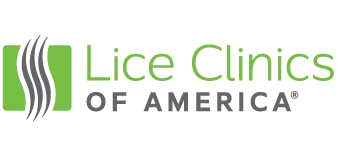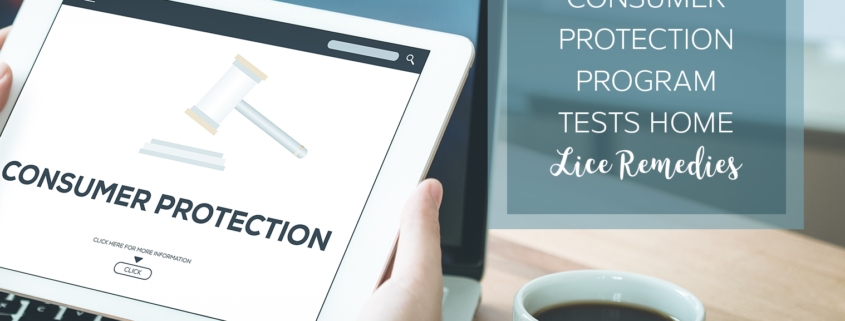Lice Clinics of America® – College Station, Tomball, and The Woodlands Warns Consumers Against Ineffective Lice Treatments
“I can’t tell you how many times people come to our clinic after trying some kooky home remedy for head lice,” said Sonia Watt of Lice Clinic of America in College Station, Tomball, and The Woodlands. “Olive oil, butter, even kerosene! Maybe this story will help people avoid wasting time and money on treatments that don’t work.”
Watt is referring to a story by Verify, a consumer protection program of WUSA Channel 9 in Washington, D.C., that is “… on a mission to separate fact from fiction in news and social media. We respect truth above all and believe in transparency.”
The program took on the issue of head lice to answer the question, “Does coconut oil and vinegar treat head lice?”
“A viewer read on Facebook that coconut oil and apple cider vinegar can help kill and remove head lice,” according to the program’s website. “She asked us to verify whether it’s true.”
The short answer: “Nope.”
The Verify team dug into scientific research and interviewed authorities on head lice treatment. The team also found research from scientists at the University of California that studied at-home remedies including vinegar, isopropyl alcohol, olive oil, mayonnaise, melted butter, and petroleum jelly for their efficacy at controlling head lice. After the study, the researchers concluded, “None of the home remedy products we surveyed was an effective means of louse control.”
“People spend weeks trying to treat head lice based on advice they get on the internet, while we have an FDA-cleared, scientifically proven solution that cures head lice in an hour,” Watt said. “I just wish more people would find us before they waste time trying these baseless home solutions.”
Home lice treatment has gotten more difficult in recent years because lice have developed immunity to the pesticides used by the most popular lice treatment products. A 2016 study published in the Journal of Medical Entomology found that 98 percent of head lice in most U.S. states now carry a genetic resistance to pyrethroids, the class of pesticides used in the most popular lice treatment products. Pyrethroids have also been linked to behavioral and developmental problems in children, especially boys.
“The good news is that at Lice Clinics of America in College Station, Tomball, and The Woodlands we have the FDA-cleared AirAllé® medical device that is clinically shown to kill live lice and more than 99 percent of eggs in a single hour-long session,” Watt said. “AirAllé® uses carefully controlled heated air to dehydrate lice and eggs. Best of all it’s completely pesticide free.”
The AirAllé® device was developed by scientists at the University of Utah and is now used in more than 350 clinics in 36 countries. The device has treated some half million cases of head lice with a success rate better than 99 percent.
“When people find out they can be lice-free in an hour, they are overjoyed,” Watt said. “They almost always say, ‘I wish I’d found you sooner,’ so we’re trying to get the word out.”
To learn more or to schedule an appointment, visit https://texasliceremovalclinic.com, email info@texasliceremovalclinic.com, or call College Station (855) 464-8688, Tomball (832) 648-1619, or The Woodlands (832) 957-0373.












